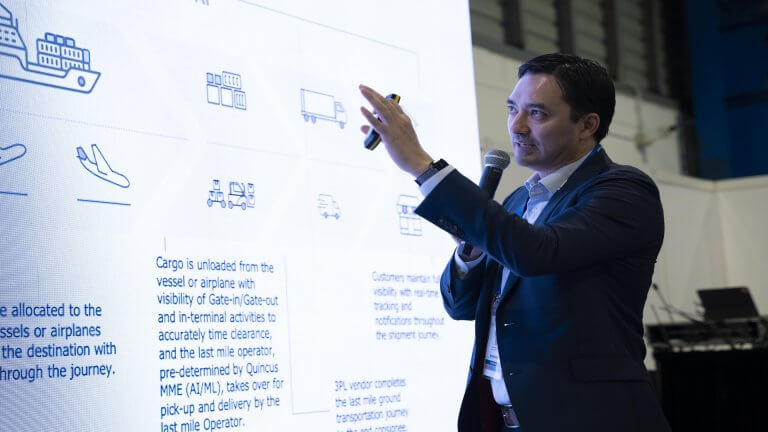
Malaysia: Supercharging logistics across the market
Malaysia has it all: a wonderful history knitted from rich facts and fantastic legends, the most gorgeous of rainforests brimming with biodiversity, a tapestry of cultures and peoples, wonderful food known the world over, and more.
With a land size spread across about 330,000 square kilometres, Malaysia is smaller than several of its Southeast Asian neighbors, including Indonesia and Thailand. Yet, making sure deliveries run seamlessly through this land is no Lilliputian task.
So, how goes the state of Malaysia’s logistics?
Room to grow
Malaysia’s transportation sector is still in a fledgling stage. An example would be the country’s express industry, which is still very young. Overall, Malaysia has only a handful of—mostly domestic—players in the sector. Currently, its largest player handles hundreds of thousands of packages daily.
Trucking companies are in abundance, but many operate traditionally, with little technological leverage and even less connectivity to digital platforms and other players. This casts a shadow across the industry, with many areas lacking transparency, leading to confusion.
Cross-border trucking activity is typically not optimized due to regional trade imbalance. Trucks are leaving for deliveries fully packed and returning empty. The lead time taken to procure trucks for deliveries is not optimized either; this often impacts overall delivery timelines.
Yet, the existing mindset in Malaysian logistics is that the old ways still work and there is no urgency to adopt digital tools. Without delivery volume, especially for express specialists, affordability is another issue to consider when using technology.
Untapped but promising potential
Many market stakeholders are still not fully aware of how technology can vastly improve every aspect of the supply chain. For example, using a single platform to manage deliveries from end to end creates a clear, easily traceable delivery journey. Leveraging a machine-learned addressing tool accurately verifies and corrects addresses in mere moments. Automatic allocation and routing can eliminate time-consuming, error-prone traditional operations, minimizing missed or wrong deliveries. This translates directly to a stronger bottomline for logistics providers—and happier customers.
Ecommerce is a global phenomenon, and its upward growth trend is seen across Malaysia as well. Ecommerce evolution is seeing the B2B market expand to include B2C, and even C2C. Without technology, logistics providers are relying on intensive manual labor to support the market. This may work in the short term, but is not a sustainable solution as ecommerce sales scale up. Automated technology that can replace hours of human labor in minutes or seconds will be an eventual answer, even to the most traditional operators.
With visibility and a one-stop platform to oversee operations from end to end, it becomes possible to optimize trucking and clarify existing demand and supply.
Globalization continues to weave an ever-larger web across a shrinking world, connecting new markets and opening new doors of opportunity for the logistics market. For the Malaysian logistics market, the Malaysian market is a natural complement that will stabilize its journey and give it the concrete support needed to continue scaling.
Have a question? Get in touch with Quincus now through sales@quincus.com.
Subscribe to keep up with our latest news









